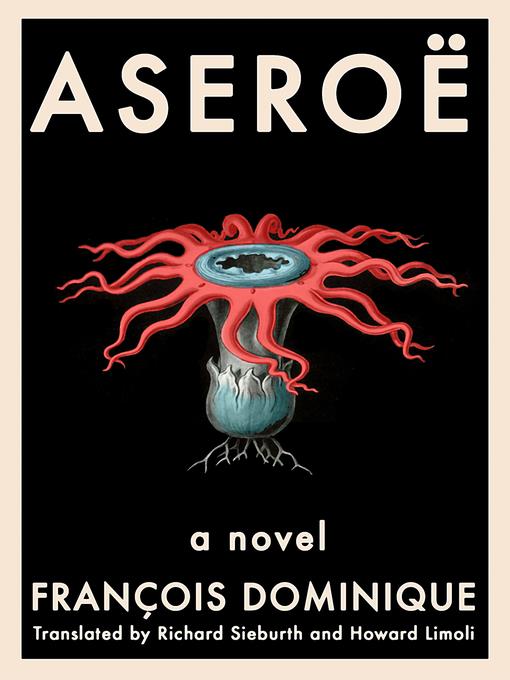
Aseroë
- اطلاعات
- نقد و بررسی
- دیدگاه کاربران
نقد و بررسی

June 22, 2020
French writer Dominique’s meandering English-language debut, first published in 1992, explores the insurmountable distance between words and the things they describe. The narrator, who shares the author’s name, begins with a strange, compelling ode to the Aseroë mushroom (“I see her from a distance, I recognize her, I approach her and bend down over her and in a soft voice speak the words that suit her, the name she bears. She immediately starts to blush”). This love prompts an unusual experiment: the narrator seeks to find how fungi, with their primordial beginnings, could elucidate the limitations of language. However, the narrator quickly descends into madness after inhaling the Aseroë’s noxious odors, and the enthralling encounters with the mushroom end with the first chapter. The rest of the book consists of a series of tenuously connected meditations on the failure of human expression, ranging from Rimbaud’s death, Giorgione’s The Tempest, the Holocaust, Orpheus’s poetry, the choreographer Hideyuki Yano, a little girl who urinates on herself in a cafe, and the possibility of writing a “silent book,” all of which falter compared to the promising opening. The narrator’s mad musings on language read like an artifact from critical theory’s halcyon days.

September 15, 2020
Scholarly fictions which explore the limitations of language in the face of the limitless scope of existence. Published in 1992 in French, this is the first of celebrated author Dominique's works to be translated into English. Though billed as a novel, it resists all expectations of what a novel should do in terms of narrative cohesion, plot development, or character dynamics. Instead, the author renders his narrator Fran�ois' sensory perceptions and their attendant philosophic connotations with a precisely articulated language that calls to mind other continental authors, like Maurice Blanchot or Antoine Volodine, and their attempts to merge the theoretical realm of ideas with the poetic language of the lived life. Separated into 12 sections, the book begins with an homage to its namesake, a type of stinkhorn fungus with "an odor so unbearable and so persistent that even the most distracted passerby cannot fail to notice it." Upon this unlikely subject, Fran�ois attempts an esoteric experiment aimed at studying the "power of attraction" an object may have over the language used to describe it. As any amateur mycologist will know, the common names of mushrooms take full advantage of the organisms' "fundamental character," which, Fran�ois remarks, "insidiously invite[s] organic, libidinous metaphorization" of every extreme. Indeed, the narrator's delight in the rills of language that compose the lists of mushroom names and the funk of their description makes for enthusiastically engaged reading. Each of the remaining 11 sections is a separate, only loosely connected exploration of the inevitable failure of language as a tool of communication. The reader travels through scenes of Rimbaud's death and meets an "idiot girl" in a cafe, among other vignettes. Though each section contains an element of the startling vulnerability Fran�ois displays as he falls victim to the stinkhorn's lingual mutability, there is an unhappy tendency for the narrator to facilitate his philosophical swoons through other characters' objectification. This is most apparent in the case of the intellectually disabled girl in the cafe but is also evident in the repeated use of the trope of a sexually available female character who appears solely in order to expedite a revelation on the part of the narrator. The use of a character as a prop to exemplify a philosophical condition is, of course, an ancient one, and no one expects these characters to be fleshed out beyond this role in a philosophical screed. In a book that claims to be novel first, though, one cannot summon characters into being only to so casually dismiss them, particularly when these characters are so uniformly of a type--vulnerable, strange, and female. Plenty of fiercely original thoughts within a book that suffers from a tendency to use stereotypes as their vehicles.
COPYRIGHT(2020) Kirkus Reviews, ALL RIGHTS RESERVED.




دیدگاه کاربران